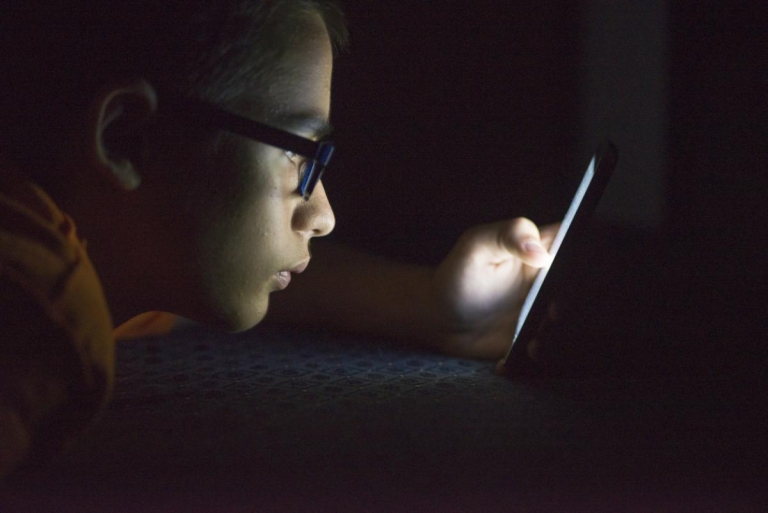blog post
lonely kids
Twelve-year-old Josh and his mom had accomplished a lot during seven sessions of therapy. He was getting along better with his little sister, and his interactions with his mom were more positive.

It wasn’t until I discussed terminating therapy that Josh finally told me how lonely he felt, which had never come up during our meetings.
While Josh had many acquaintances, he didn’t have any close friends. While superficially pleasant and outgoing, he was fearful of saying what he really felt and thought. If people knew the real Josh, he felt he would be ridiculed and rejected. He was living a dual life. His external behavior was ordinary and acceptable. His inner world was solitary and disengaged.
He cried in my office for about 10 minutes, and then profusely apologized for using so many tissues. He quickly retreated to his pretend world and reassured me that he was doing fine.
Loneliness is hard to diagnose in kids, and often can be mistaken for other conditions.
Loneliness is not depression. Kids who are depressed generally have little energy and experience no enjoyment in most activities. Loneliness is also different from being introspective or quiet. Many people enjoy being alone and pursuing their interests and hobbies.
For older adults, loneliness can be a killer. Such feelings significantly increase the risk of a variety of physical and mental problems in older adults. However, not much is known about the prevalence or impact of loneliness in children. One study of preadolescent children estimated that between 8 percent and 11 percent of the children reported feelings of loneliness.
Kids are reluctant to admit such feelings, concerned that it’s a sign of weakness. Here are four ways to help you identify a lonely child.
- Poor social skills. Many of these kids have a hard time interacting with others. They may seem overly bossy, rude, quiet, boring, or negative. They often have a difficult time interpreting and responding to their feelings or those of others.
- Quirky style. Some kids are just a bit different from others. Such distinctions can be engaging but may result in rejection from peers and adults.
- Internet addiction. More kids are using the digital universe to escape from the real world. Some kids find comfort and support from anonymous interactions with others. However, meaningful relationships come from engagement with real people.
- Family turmoil. Lonely kids are more apt to result from parental instability, divorce, family stress, frequent moves, and child abuse or violence.
There’s no easy answer for loneliness, other than the encouragement to reach out and connect with others. Volunteering, exercise, music, church, pets, or just being around loving and caring adults and peers can often help.

